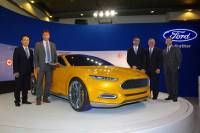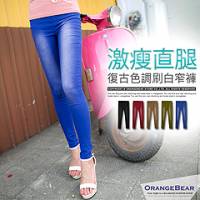search:organic solar cell efficiency record相關網頁資料
organic solar cell efficiency record的相關文章
organic solar cell efficiency record的相關商品
瀏覽:976
日期:2024-04-22
Fraunhofer ISE is spearheading a research team that has set a new world solar cell efficiency record of 44.7&, ... o its Cheaper to build solar power which could have potential environmental impacts on fragile desert ecosystems and Wind power that seem to...
瀏覽:1309
日期:2024-04-21
Researchers in Germany report a new world record for the conversion of sunlight into electricity using a new solar cell structure with four solar subcells. A new record efficiency of 44.7% was measured at a concentration of 297 suns, indicating that 44.7%...
瀏覽:1065
日期:2024-04-22
German researchers just hit a new world record for solar efficiency. After three years of study, researchers at the German Fraunhofer Institute for Solar Energy Systems have created a solar cell that’s 44.7 percent efficient, meaning it converts 44.7 perc...
瀏覽:1186
日期:2024-04-17
New organic photovoltaic solar cells with 9.2% efficiency could be on the market in 2013. Image credit: Phillips 66 (Phys.org)—For many years, researchers have strived to reach the goal of 10% efficiency for polymer-based organic photovoltaic (OPV) solar ...
瀏覽:1255
日期:2024-04-19
Heliatek achieves 12% organic solar cell efficiency. 23 Jan 2013 ... The 12.0% record is based on a standard sized cell of 1.1 cm², which uses a combination of ......
瀏覽:486
日期:2024-04-18
2013 December; 38(12): 1929–1940. ... [1] reported a record efficiency of 2.5%. .... In most of the models the power conversion efficiency of organic solar cells ......
瀏覽:1244
日期:2024-04-17
In 2012, researchers from the University of Florida reported a record efficiency of 8.6 percent for a prototype solar cell consisting of a wafer of silicon coated with a layer of graphene doped with trifluoromethanesulfonyl-amide (TFSA). Now another team ...
瀏覽:680
日期:2024-04-23
A conventional solar cell, left, reflects light off its surface and loses light that penetrates the cell. New technology, right, develop by Princeton professor Stephen Chou and colleagues in electrical engineering, prevents both types of loss and is much ...





































